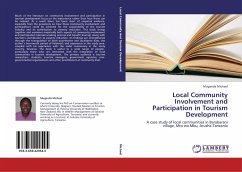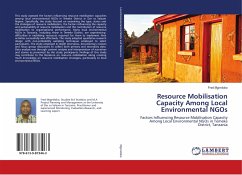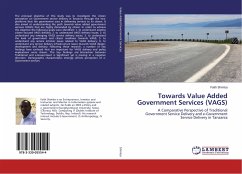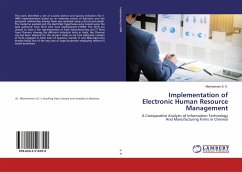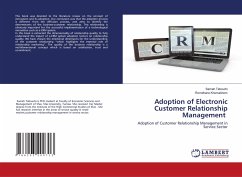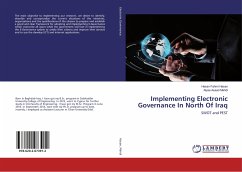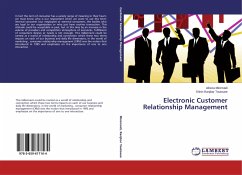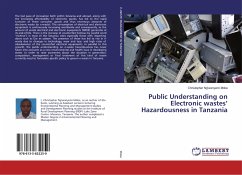
Public Understanding on Electronic wastes' Hazardousness in Tanzania
Versandkostenfrei!
Versandfertig in 6-10 Tagen
33,99 €
inkl. MwSt.

PAYBACK Punkte
17 °P sammeln!
The fast pace of innovation both within Tanzania and abroad, along with the increasing affordability of electronic goods, has led to the rapid turnover of these consumer goods and thus enormous amounts of electronic waste (or e-waste). The consumption of electrical and electronic equipment is continuously increasing worldwide and consequently, so the amount of waste electrical and electronic equipments (WEEE) generates at its end-of-life. There is the increase of counterfeit (famous by swahili word "mchina") in most of the Tanzania cities especially those with importing doors such as Dar es sa...
The fast pace of innovation both within Tanzania and abroad, along with the increasing affordability of electronic goods, has led to the rapid turnover of these consumer goods and thus enormous amounts of electronic waste (or e-waste). The consumption of electrical and electronic equipment is continuously increasing worldwide and consequently, so the amount of waste electrical and electronic equipments (WEEE) generates at its end-of-life. There is the increase of counterfeit (famous by swahili word "mchina") in most of the Tanzania cities especially those with importing doors such as Dar es salaam. The presence of these has led to rise in e-waste due to changes in technology, wear and tear, and high rates of obsolescence of the counterfeit electrical equipments. In parallel to this growth, the public understanding on e-waste hazardousness has never taken into accounts as a new environmental and health issue in developing states. In order to raise awareness about the situation in generation, composition, management or final treatment of this kind of waste currently need to formulate specific policy to govern e-waste in Tanzania.




